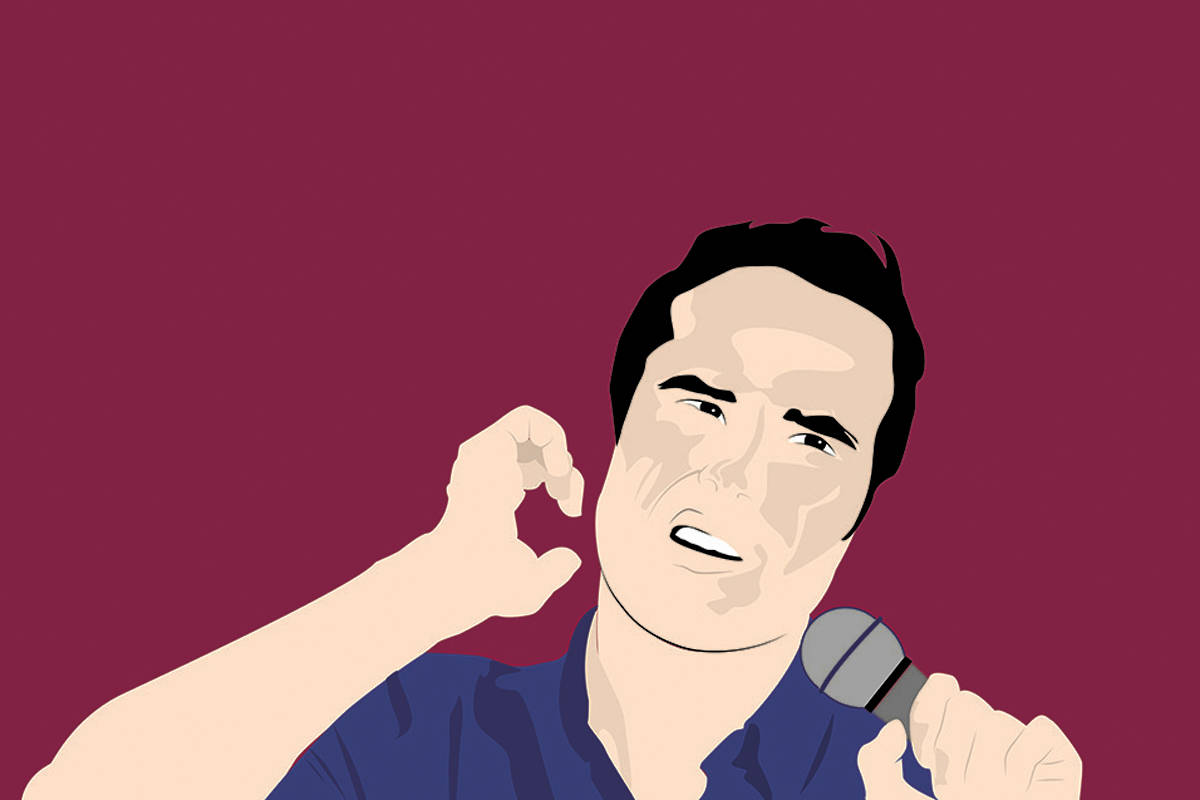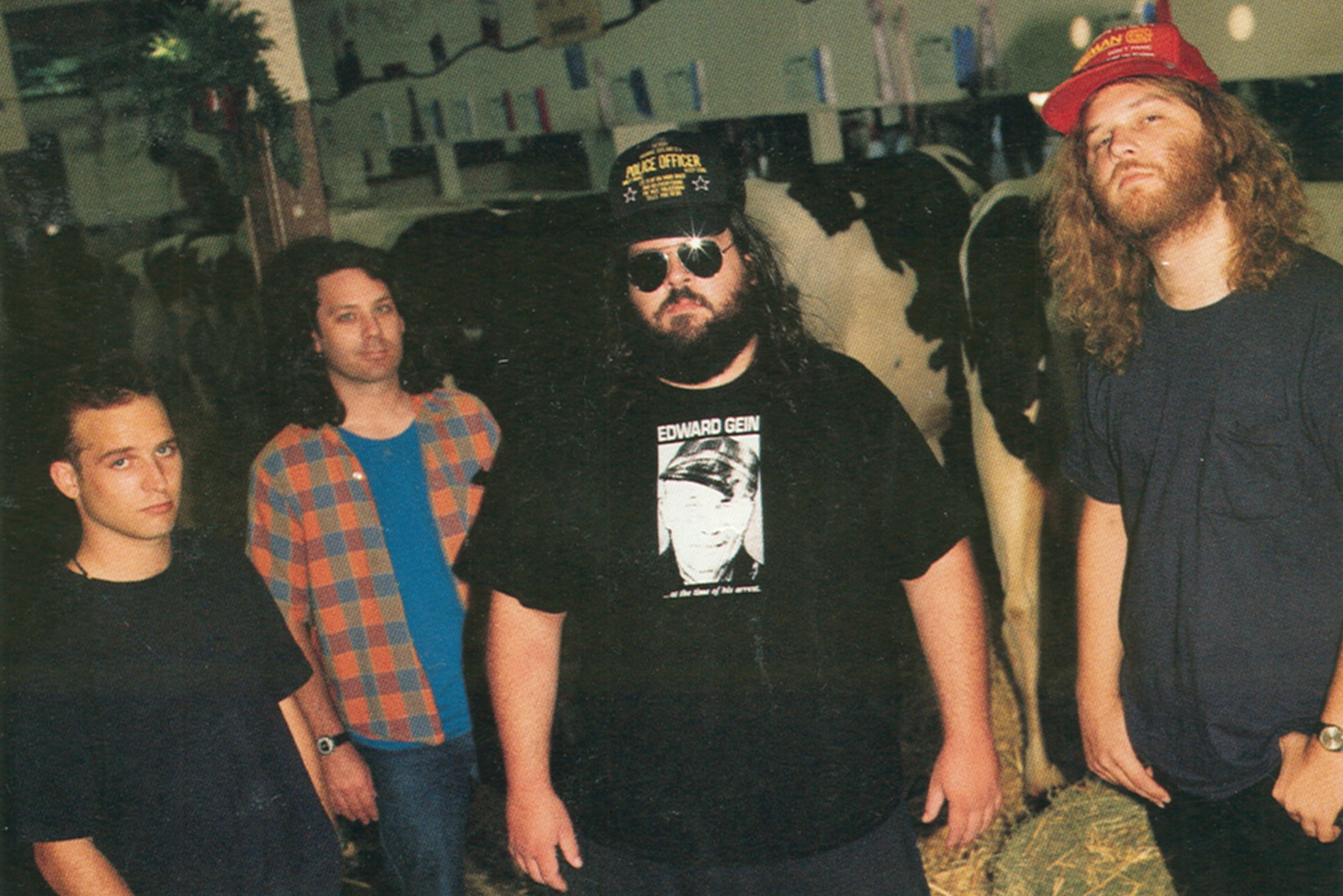Scott-ToepferMore than any of the other punk rock singers cum troubadours, Chuck Ragan of Gainesville, Florida’s Hot Water Music, has forged his own identity outside of the band that made him semi-famous. Both projects share similarities, namely Ragan’s honest songwriting and those sandpaper vocals, which found his voice particularly gravelly on the morning we spoke. With renewed activity from Hot Water Music, who will issue a new record in May, and as the founder and headliner of The Revival Tour, which hits El Corazon on April 15, and which also features Tom Gabel of Against Me!, Ragan has been busy. He found a few minutes, however, to chat about his latest solo record, his favorite things about the Pacific Northwest and the effects his schedule has been having on his voice.Have you ever had any serious issues stemming from the way you sing? Brian Johnson from AC/DC and Blake Schwarzenbach from Jawbreaker both had to have surgery to remove polyps from their vocal chords thanks to years of shredding them night after night. I was raw and hoarse while we were doing one of the Hot Water records, and Brian McTernan, our producer, sent me to Boston to go visit this gentleman by the name of Mark Baxter. He wrote a book called The Rock-N-Roll Singer’s Survival Manual, and I had a few days with him. There’s something about having your voice fail, especially in the studio that I felt like I was letting everybody down — the label, the whole band. I had done all my guitar work, and here it was time for me to step up to the plate and get my songs out and I just couldn’t do it. Something just hits you and you realize there’s literally nothing you can do except go to sleep. At the end of the day, when your larynx is swollen and these sounds and pitches are just gone, you can’t hide from that. It can be extremely discouraging. And if you let it get into your head it gets even worse. So I went to Mark Baxter and he showed me some ways to get through and basically survive singing in that way.Do you know whether you’re doing any permanent damage to your voice? I’ve always grown up in music where you don’t think about those things. I’ve always played music as if there wasn’t ever going to be another show or another tomorrow. I’ve recently gotten to the age where my wife and I are anxious to have children and I’ve really started to think more about my health. I’ve lived hard and fast for the majority of my life so I started going to the doctor and getting all kinds of physicals. I was really curious about polyps or if I’m damaged or have any potential for something like that. And I just recently got everything back from all my doctors and have a total clean bill of health. I think I just need to shut up and go to sleep.You seemed to lead the trend of punk rock singers looking to build a following as a folk-based solo act. Why do you think this has been such a popular path for punk singers of a certain age? A lot of us who are out here doing this have played that style of music a lot longer than most people think. And some of us have actually played it a lot longer than the bands that people know us from. It was more just the music we played sitting on the porch, sitting at the campfires, sitting in the hotel rooms or in the backstage rooms before we went on stage and plugged in. For me personally, I was playing and learning folk songs on the acoustic guitar when I was 13-years-old, before I was in any punk rock bands.There’s no denying this a major trend though. I could name a dozen punk singers who have put out acoustic folk records. I think what’s been happening is that genres have started to mold together more in a very cool way. In the past, there were times when folk music had its rises and falls, it would come up and gain popularity and then it would slip back underground again. That’s always going to be there. Right now it has gained popularity and a lot more people are accepting it in the scene, but who knows, five years from now maybe no one will care. Do you sit down and write for a particular project or do you just write? I write constantly. I’ve never really thought of it like, “Oh that’ll be a Hot Water Music song one day.” There’s not a huge stretch in the writing styles, especially how we write nowadays. In the old days, when [Hot Water Music] were all four in one room, sometimes it would start out with just a guitar lick, not an actual completed song structure. As we got older and started growing apart and living in different states, Chris and I started writing separately and basically bring a finished product to the group, then throw it in the pot and put it back together as a group.Can you tell me about the cover art for Covering Ground? It’s pretty sparse. I wanted to do something simple and raw. When I started laying out all the songs and looking at the lyrics, it just kind of hit me. I was like, “Man, these are all road songs.” These songs were either written on the road or written about the road. And that was always a term that we threw around at the campfire. When your buddies would ask how you were doing you’d say, “I’m good. I’ve just been covering ground.” That was a big reason why we wanted to go with an extremely simple cover and presentation.Have you spent a lot of time in Seattle over the years? I’ve really enjoyed the past couple times I’ve come through. I had the opportunity to open up for Social Distortion and The Dropkick Murphys and meet a whole new genre of people who wouldn’t normally come out and see me play otherwise. I’ve always loved that city. I love the Northwest. I love the feel of it. I love the attitude. I love the smell of it. I love the fishing. It’s such a vibrant and beautiful culture to me up there. At one point I was wanting to move up there, but I think it rains a little too much for what I’m used to. And you guys put cream cheese on your hot dogs, which I think is pretty cool.
More Stories From This Author
Capitol Hill Block Party Artist Panel Series 2019
The Capitol Hill Block Party Artist Panel Series 2019 is free (no festival wristband required), all-ages, and takes place from…
Golden Idols will release new EP
Seattle quartet returns with ‘Uneasy’
Travis Thompson, Wolf Parade headline Fisherman’s Village fest
The Everett Music Initiative festival, May 16-18 in Everett, will showcase more than 50 acts.







